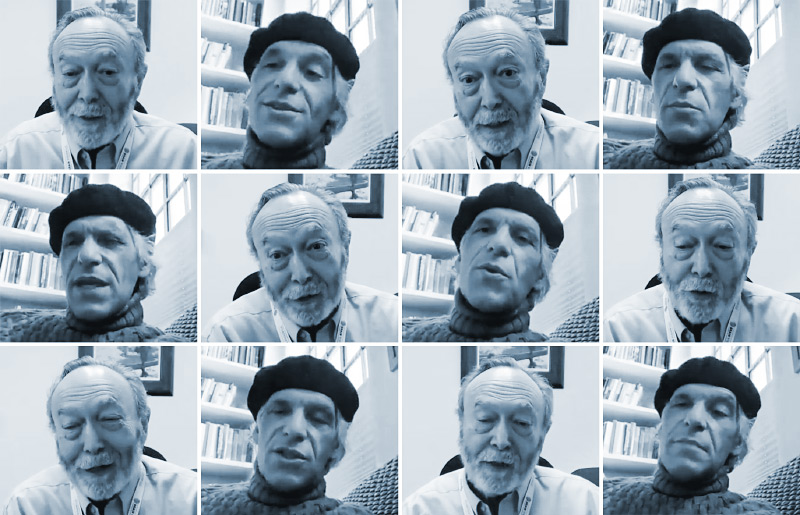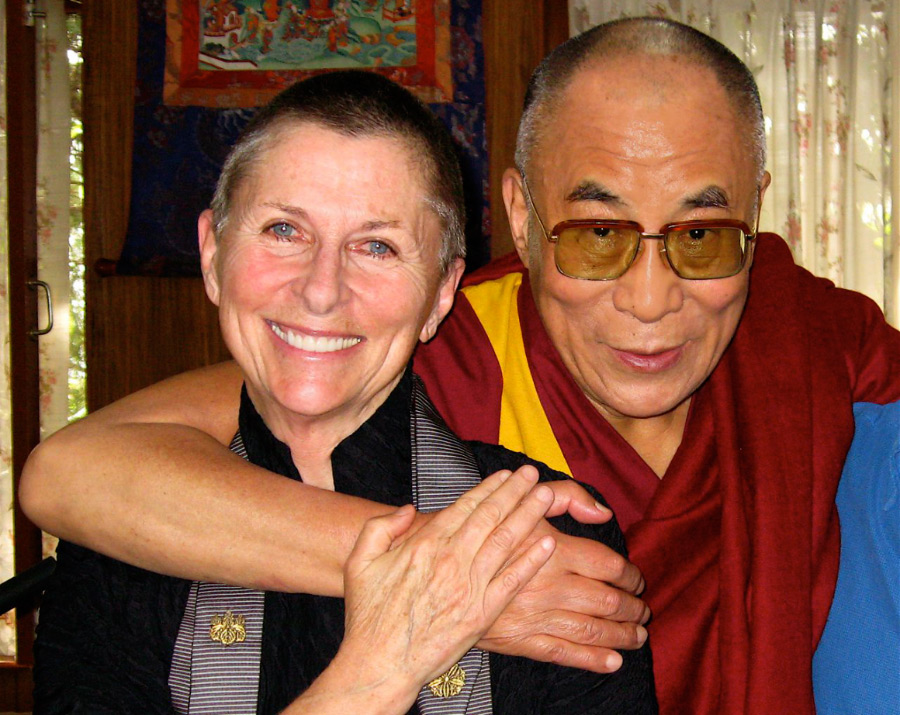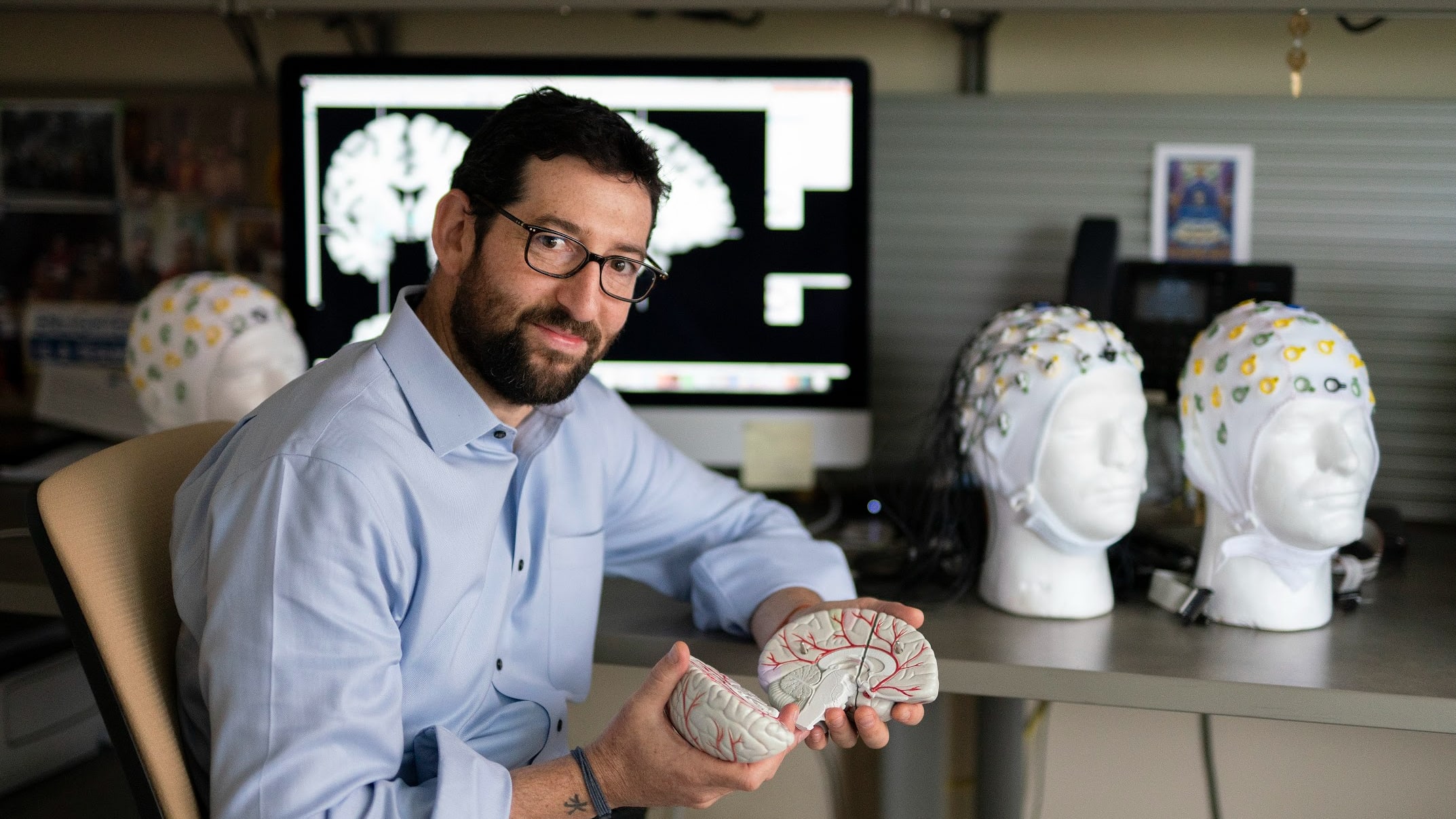by Dr. Joe Loizzo
I recently had the pleasure of connecting (in person!) with contemplative neuroscientist David Vago and some of our mutual friends at the inaugural meeting of the International Society of Contemplative Research (ISCR) he founded with Nalanda Institute board member Doris Chang and others. Set on the lovely campus of the UC San Diego, the meeting brought together Buddhist scholars, neuroscientists, social justice researcher-activists and clinical researchers to explore the future of interdisciplinary dialogue and inquiry in the fast-growing field of contemplative science and practice.
by Joe Loizzo
Recently I had the rare opportunity to interview one of the rising stars of the new neuroscience, Dr. Stephen Porges, the lone pioneer of the latest research on the unique role of the autonomic nervous system in human life. Many of you have heard me repeatedly try to convey the revolutionary impact of his work on the main neural governor of our body states, moods, mind states, and responses. So you can imagine how thrilled I was that he agreed to speak at our upcoming Annual Benefit, and to spend an hour of his time with me sharing his journey of discovery and reflecting on his work’s relevance to science, psychotherapy, contemplation, and contemporary life.

What I learned in that interview came as no surprise: Dr. Porges is the real deal, a rigorous researcher whose work is transforming our view of human physiology and health and will impact science for decades if not centuries to come. The surprise was to find that Stephen also happens to be a vital, creative child of the 1960’s—a humanist at heart who followed his passion for music deep into the evolutionary sources and innermost mysteries of human life: the healing, connective power of fearless presence, awe, and love. I’d like to share with you a few excerpts from our interview, and hope that they will whet your appetite to hear more from this inspiring pioneer at our 9th Annual Benefit on June 8th!
by Roshi Joan Halifax

For much of my life I have worked with caregivers in the most challenging of clinical settings—end-of-life care—as well as with activists on the front lines of pressing struggles in social justice and social action. In the course of this work, I have witnessed firsthand the insidious impact of empathic distress in caregivers and activists.

